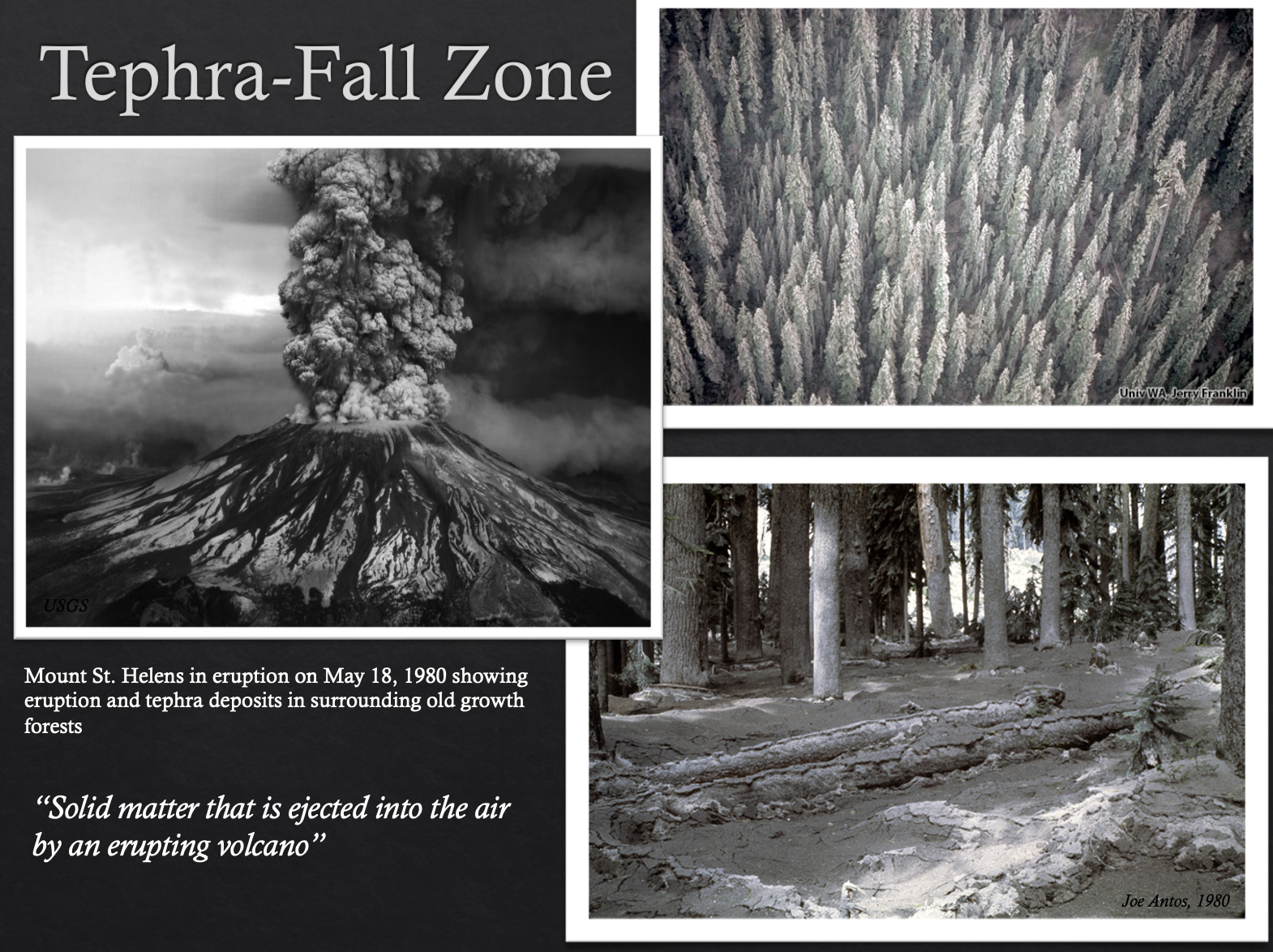 This is the homesite for the Fischer Lab of Plant Community and Ecosystem Ecology at The Evergreen State College.
This is the homesite for the Fischer Lab of Plant Community and Ecosystem Ecology at The Evergreen State College.
Our mission is to conduct research in plant biodiversity and ecosystem function in forests and prairies, while giving the opportunity for hands-on engagement in the science of ecology for undergraduate students. We focus on projects related to plant biodiversity, succession, genetic diversity, plant physiology, and forest ecosystem carbon (C) and nitrogen (N) cycling. Our research involves measuring causes and consequences of community change and ecosystem function above- and below-ground. The lab’s current work is divided between riparian forests in theSouthwest (US), western Washington forests, and disturbed ecosystems near Mount St. Helens. In each of these systems we address questions related to forest carbon cycling, soils, biogeochemistry, community ecology, and forest-stream interactions.
All of this work takes place in the context of climate change, which has become a clear and eminent threat to many ecosystems, and will undoubtedly impact our local ecosystems. The latest climate status dashboard from NASA shows us several key values where thresholds have already been surpassed (for example, we have increased global temperature by more than 1 degree already, and increased global CO2 to 419 ppm from 280 ppm at the start of the industrial revolution). In this context, we see our ecological science work as critical not only for questions today, but for documenting change during this unprecedented time in human and earth history.
Some active research in the lab:
Evaluating Effects of Tephra:
Our Work continues at Mount St. Helens, evaluating plant and soil responses to tephra deposits in old-growth forests and clear-cuts from the 1980 eruption of Mount St Helens! It has been more than 30 years since the eruption and we are looking at 1) forest understory community response, and 2) how soils ave recovered. This work is in close collaboration with Don Zobel (OSU) and Joe Antos (U Victoria). Check back for more on this exciting new project
Check out our publications page for more recent work!
Following a 2019 sabbatical in Chile’s Los Lagos region, our lab is continuing to work up data related to ecosystem response to the 2015 eruption of Volcan Calbuco in Chile. We are working in partnership with Charlie Crisafulli (USFS), ecologist Lisa Hintz, and Parque Valle los Úlmos to understand patterns in ecosystem recovery following the 2015 eruption of Vocan Calbuco!
 Genes to ecosystems:
Genes to ecosystems:
We are engaged with ongoing work examining plant genetic effects on ecosystems using Cottonwood forests as a model ecosystems. Our recent work in this area has suggested individual tree genotypes can have unique ecosystem-level effects on forests and streams (in water, carbon, and nitrogen cycling), and we have also recently documented genetic-based spatial patterns in ecosystem effects. We are continuing our long-term collaborations with other universities and agencies working on riparian forest restoration along rivers and streams of the Southwestern US.

The Evergreen Ecological Observation Network (EEON)
We have been measuring forest conditions and carbon flux in a lowland temperate rainforest at the Evergreen State College, WA since 2006. This lowland Puget Sound ecosystem was last logged in the late 1930’s. Our efforts are centered on 44 intensively-studied long-term monitoring plots where we are measuring biological diversity, development, carbon dynamics, and decay of trees, snags, sub-canopy vegetation, and down-woody debris. But our datasets go back even further – to 1977, and through aerial photos we go back to 1939. We also conduct detailed measurements of soil CO2 efflux, root production, spatial relationships between trees and and soils. These data allow us to improve understanding of carbon dynamics and forest structure in a model lowland Puget Sound forest, as well as develop and ask interesting questions related to forest structure and diversity. Over-time, these data will allow us to address how forests change, and how climate change is affecting ecosystems. We are interested in collaboration with other labs. Please contact us about data sharing and joint projects.
FOR MORE INFORMATION, CONTACT:
DYLAN FISCHER AT (EMAIL): FISCHERD(AT)EVERGREEN.EDU
OR CONTACT the Fischer Lab of Plant Community and Ecosystem Ecology
